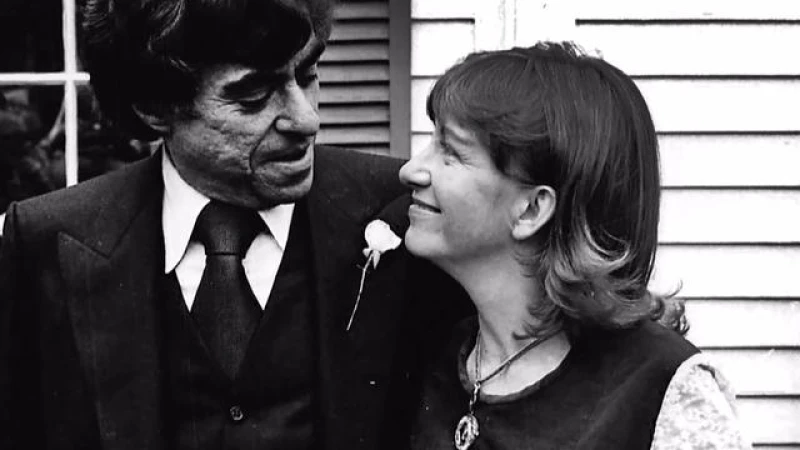Doris Kearns Goodwin is not just an academic historian but also a figure with a unique blend of scholarly authority and popular appeal. While her work delves into serious subjects, she presents it with a touch of joy and humor, as evidenced by her memorable entrance on "The Late Show Starring Stephen Colbert" being carried by Lincoln impersonators.
"It's always a delight when a young person approaches me and mentions seeing me on 'The Simpsons'!" Goodwin shared with a smile.
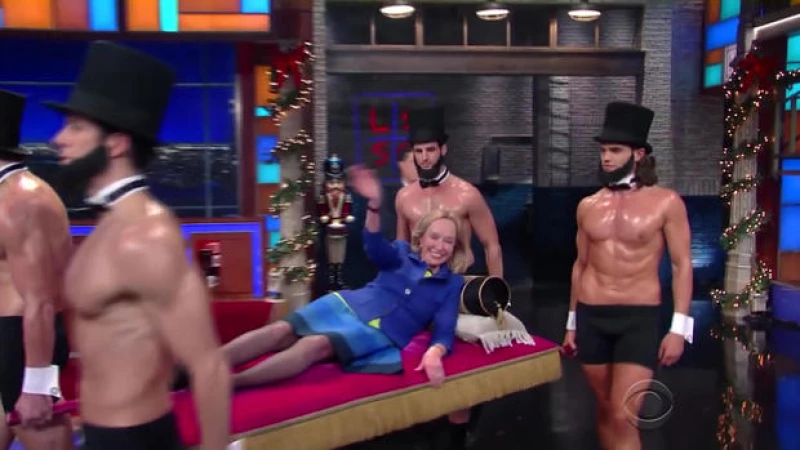
At 81 years old, Goodwin is celebrated for her narratives of American history, often focusing on the presidency. Her biographies, which include figures like Abraham Lincoln, Theodore and Franklin Roosevelt, the Kennedys, and Lyndon B. Johnson, offer rich insights into the nation's past.
Her upcoming book, "An Unfinished Love Story" (scheduled for release on April 16 by Simon & Schuster), takes a deeply personal turn. It chronicles the life of her late husband, Richard Goodwin, and his experiences during the tumultuous 1960s, working on speeches for influential figures like John F. Kennedy, Robert F. Kennedy, and LBJ.
Beyond the historical backdrop, the book delves into the relationship between Richard and Doris. Reflecting on her husband, Goodwin remarked, "He was a remarkable individual who played a role in nearly every significant moment of the 1960s. In a way, he was like Zelig of that era."
Remembering Richard Goodwin: The Man Behind Iconic '60s Lines
Richard Goodwin, known for crafting some of the most iconic lines of the '60s, had a way with words that left a lasting impact. Lines like The Great Society, Ripples of hope, and We shall overcome all flowed from his typewriter.
Goodwin's love for poetry and drama shone through in his work. One notable moment was when he incorporated the anthem of the civil rights movement into a speech by President LBJ after the Selma demonstrations, a move described as a stroke of genius.
Goodwin's journey to the side of presidents was a swift one, starting with Harvard Law and a Supreme Court clerkship, then transitioning to investigating rigged TV quiz shows in the 1950s. President Kennedy and later President Johnson both valued his rhetorical skills, with Johnson even suggesting adding "some sex" and "some rhyme" to his speeches, along with "some beautiful Churchillian phrases."
Reflecting on his interactions with President Johnson, Goodwin found the tapes revealing, particularly when Johnson spoke about him in colorful terms. Despite the challenges, Goodwin's impact on the political landscape of the '60s remains undeniable.
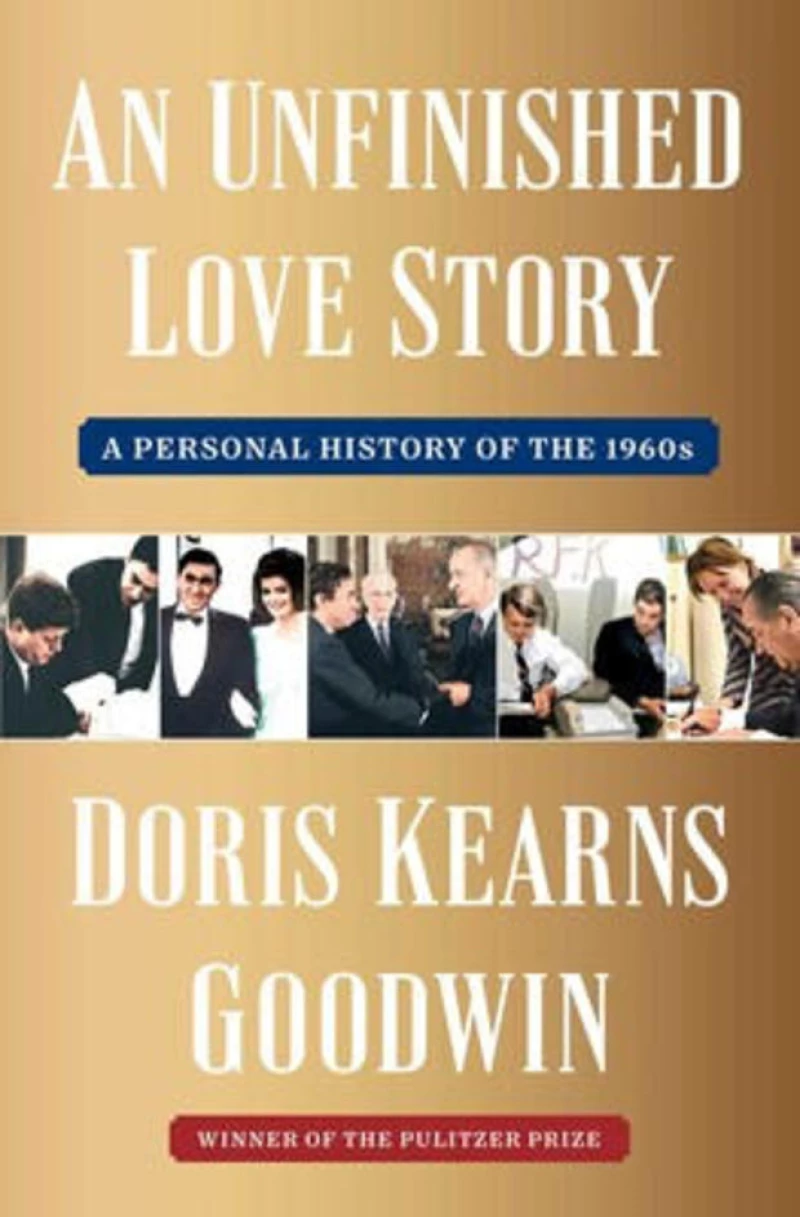
In reflections on Lyndon B. Johnson (LBJ), it is noted that his public persona could be perceived as flat and dry, yet in private, he revealed a different side. According to Doris Kearns, "If people had known the way he talks on the tapes, if they had listened to him tell stories, they were brilliant." She further expressed, "The private Lyndon Johnson is the most formidable, interesting, brilliant character I think I've ever met in my life."
Recalling her first encounter with Johnson in 1967, Kearns shared a memorable moment when he asked her for a dance, showcasing his charismatic nature. This led to Kearns being directly assigned to him in the White House, despite initial concerns from his advisers due to her anti-war views. Over time, she gained his trust and engaged in lengthy conversations during the final phase of his life.
Reflecting on Johnson's complex personality, Kearns acknowledged his occasional meanness but also recognized a deep desire to improve the country. She lamented the impact of the Vietnam War on his legacy, stating, "Without that, there's no question he would have been one of the great presidents. But even now, he is one of those great presidents."
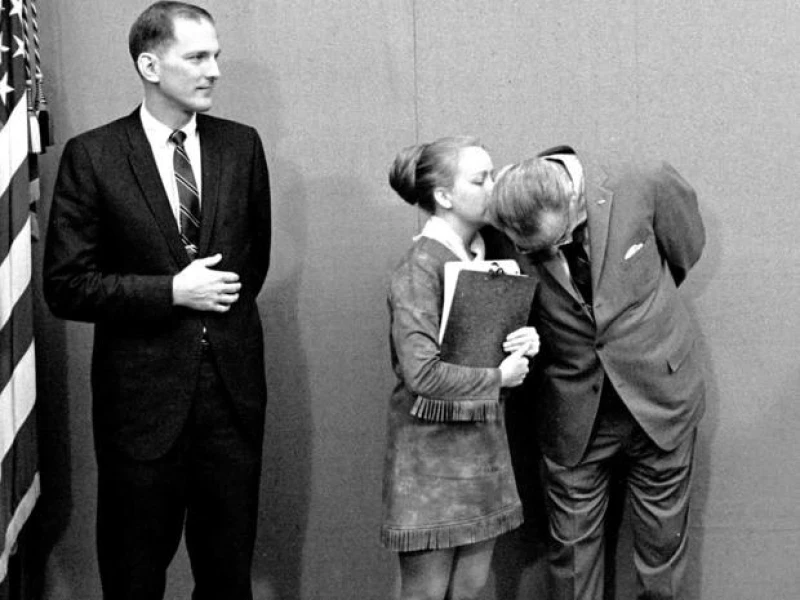
Following Johnson's tenure, Doris Kearns met and married Richard Goodwin, with whom she shared a life in Concord, Massachusetts until his passing in 2018. Despite the loss, Kearns remains dedicated to history and actively follows political developments.
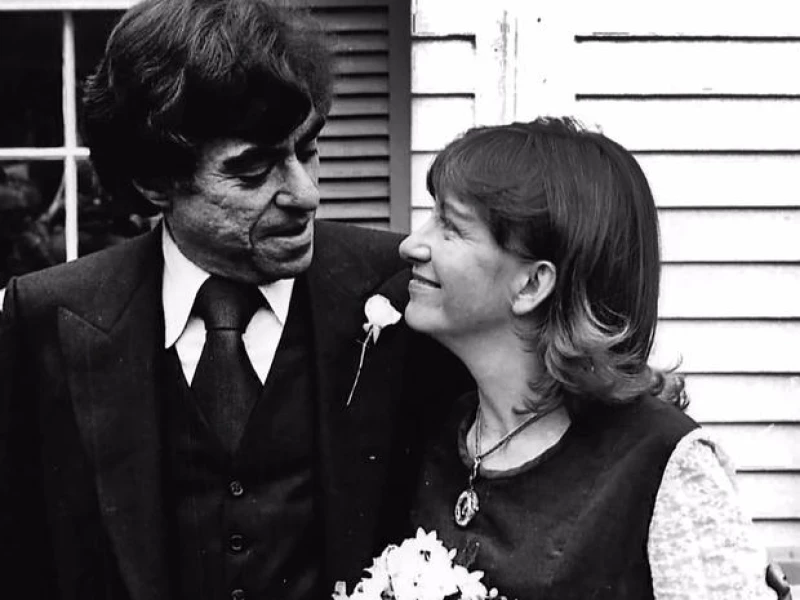
The Stakes of the Upcoming Election
In a recent interview, Goodwin emphasized the critical importance of the upcoming election, stating that democracy itself is at stake. Drawing parallels to historical events, she referenced Lincoln's words during the Civil War, highlighting the fundamental nature of accepting election results in a democratic system.
When questioned about Americans who may feel disillusioned and inclined to disengage from the political process, Goodwin urged against apathy. She expressed that choosing not to participate is a form of cowardice, emphasizing the significance of remaining engaged and fighting for one's beliefs.
Reflecting on the resilience of the nation throughout history, Goodwin remained optimistic about the future. She encouraged people to draw lessons from the past and to actively defend the rights they hold dear, emphasizing the power of collective action and the importance of upholding principles even in challenging times.
For more information and insights, stay tuned.
- "An Unfinished Love Story: A Personal History of the 1960s" by Doris Kearns Goodwin (Simon & Schuster), in Hardcover, Large Print, eBook and Audio formats, available April 16 via Amazon, Barnes & Noble and Bookshop.org
- doriskearnsgoodwin.com
-
Photo of Richard Goodwin and President John F. Kennedy by Jacques Lowe, courtesy of the Jacques Lowe Estate
Story produced by Robert Marston. Editor: Mike Levine.
See also:
- Doris Kearns Goodwin on whether we are living in "the worst of times" ("Sunday Morning")
- Time will tell: Historians on judging presidential leadership ("Sunday Morning")
- Historian Doris Kearns Goodwin on "cutting the past some slack" ("Sunday Morning")

